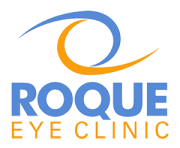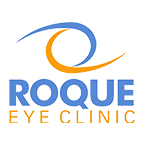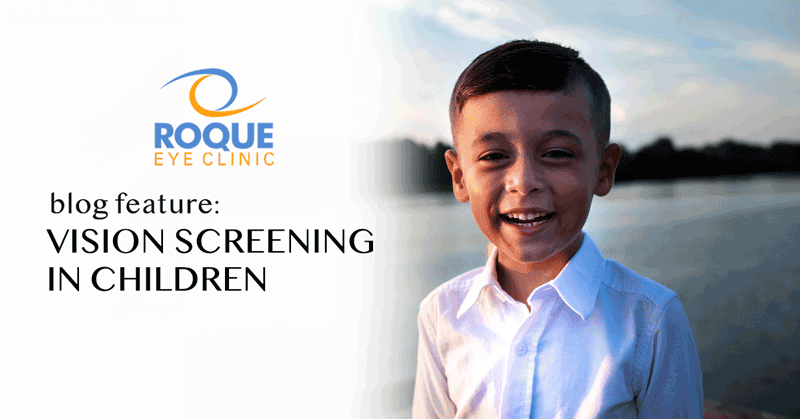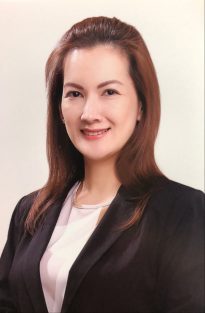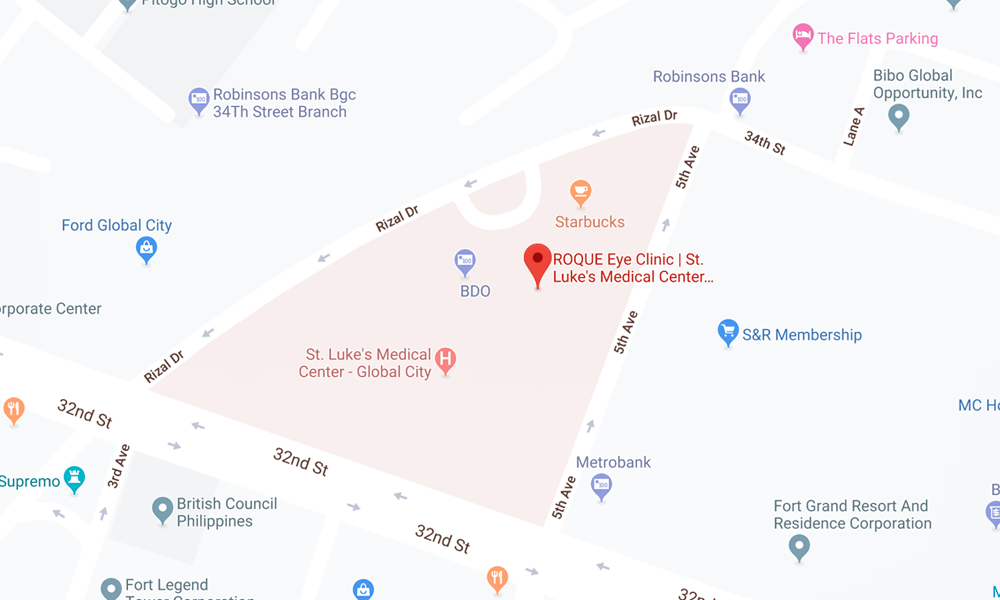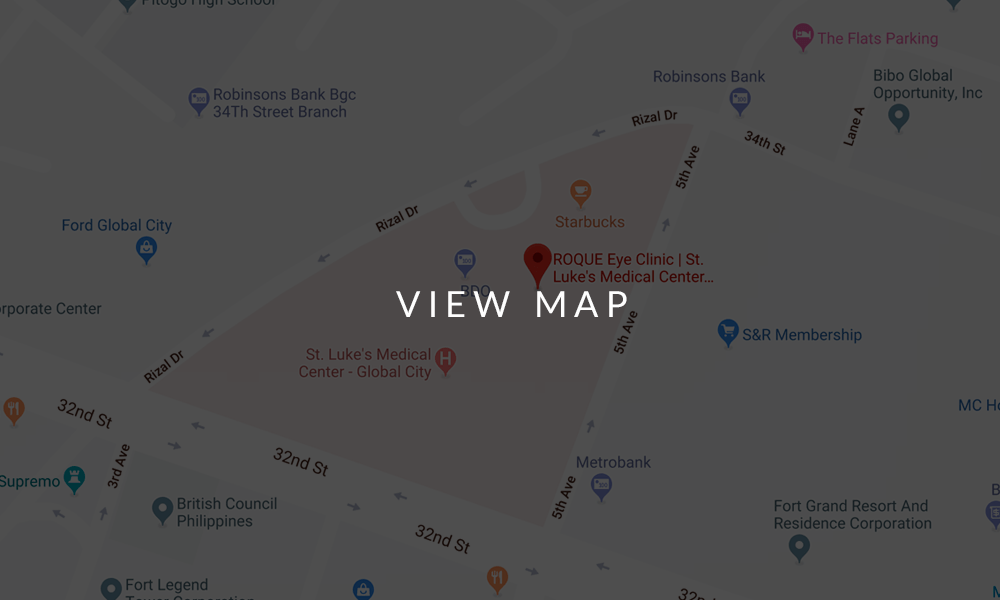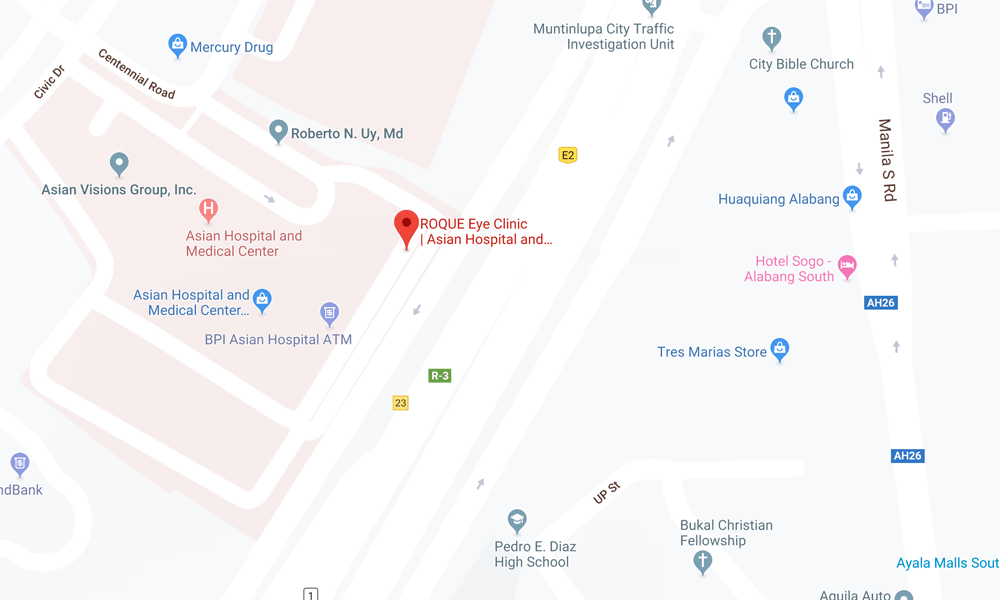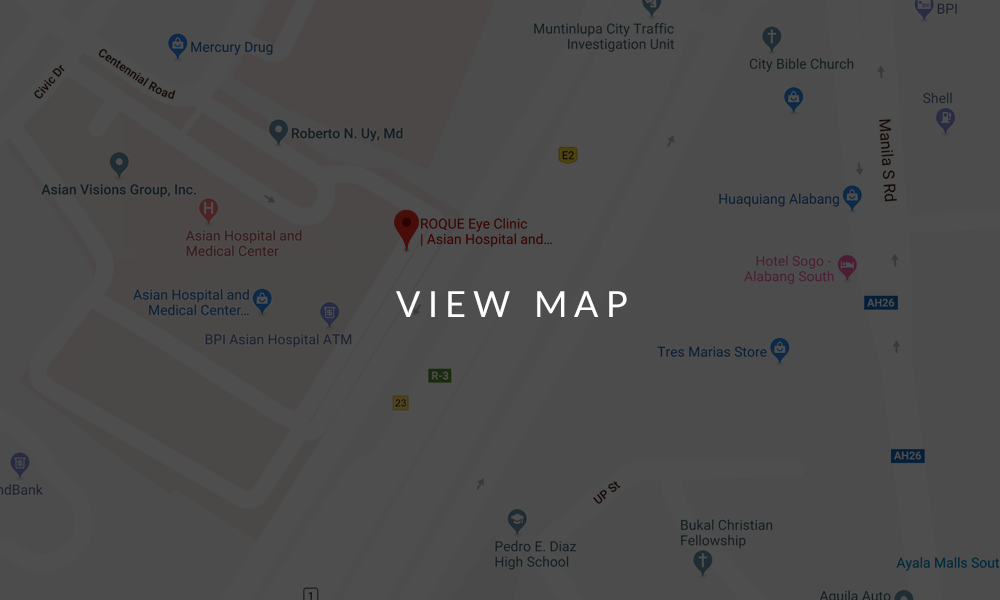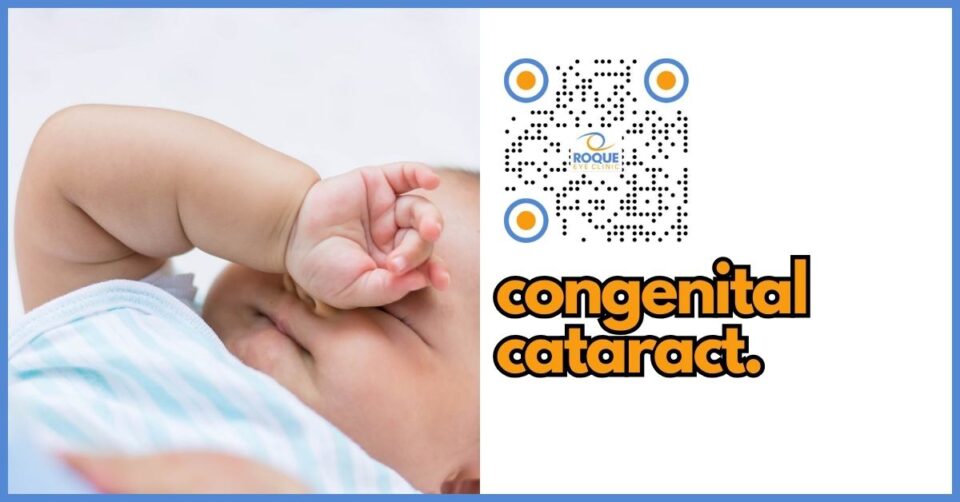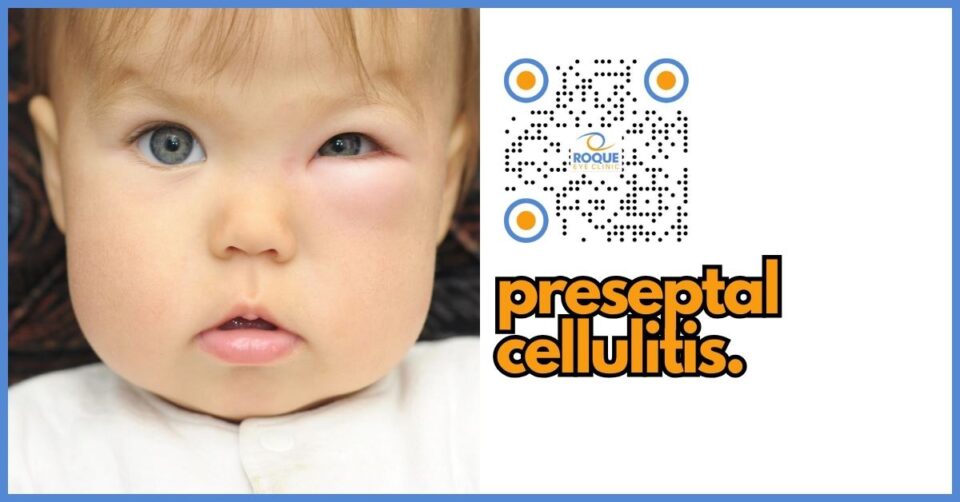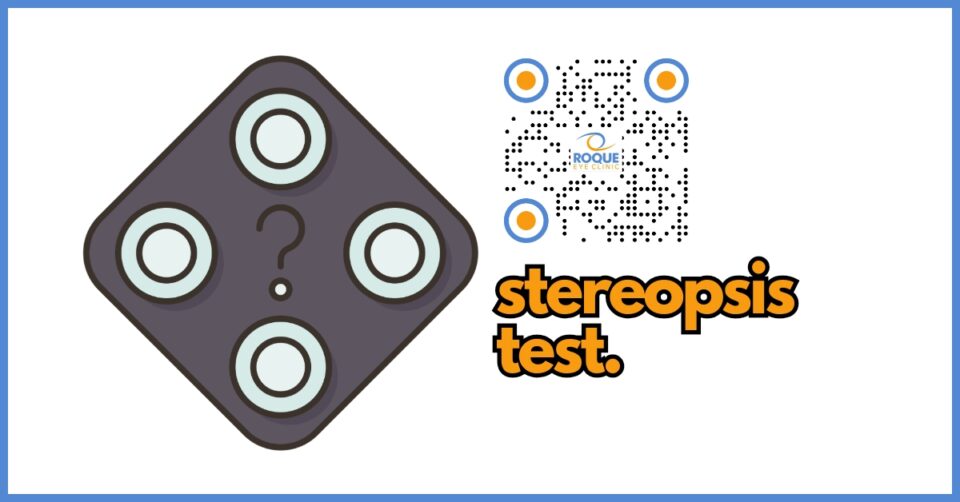VISION SCREENING IN CHILDREN
Vision screening, is a brief exam that looks for potential eye problems or disorders. It is often done by pediatricians (as part of a child's regular well-child checkup), or sometimes by the school doctor, nurse, or optometrist. There are two kinds of vision screening in children: (1) the instrument-based (automated) screening for preverbal or preschool children, and the (2) optotype-based screening for the literate older children. Vision screening is not a means to diagnose a particular eye condition. It is simply a way of finding any risk factors that suggest the presence of eye disorders that need treatment, such as amblyopia and refractive errors.
Early detection and treatment of amblyopia produces better visual outcome but then treatment effects decline as the child turns 5 years old. Older children may have entrenched amblyopia and have less time available for treatment.
Vision screening should be a continuous process that begins in infancy and should be repeated several times throughout a child’s formative years. Children who failed vision screening should then be referred to a pediatric ophthalmologist for a comprehensive eye evaluation, diagnosis and treatment.
References:
- Donahue, S., Arthur, B., Neely, D., Arnold, R., Silbert, D., Ruben, J., POS Vision Screening Committee. (2013). Guidelines for automated preschool vision screening: a 10 year, evidence-based update. J AAPOS, 17(1): 4-8.
- Jonas, D., Amick, H., Wallace, I, Feltner, C., Vander Schaef, E., Brown, C., and Baker, C. (2017). Vision screening in children aged 6 months to 5 years: evidence report and systematic review for the US Preventive Services Task Force. JAMA, 318(9): 845-858.
- Peterseim, M., Davidson, J., Trivedi, R., Wilson, M., Papa, C., Cheesema, E. (2015). Detection of strabismus by the the Spot Vision Screener. J AAPOS, 19(6): 512-514.
- Silverstein, E. and Donahue, S. (2018). Preschool vision screening: where we have been and where we are going. Am J Ophthalmol, 194: 18-23.
- Zhang, X., Wang, J., Li, Y., and Jiang, B. (2019). Diagnostic test accuracy of Spot and PLusoptix photoscreeners in detecting amblyogenic risk factors in children: a systemic review and meta-analysis. Ophthalmic Physiol Opt, 39(4): 260-271.
BOOK AN APPOINTMENT
It takes less than 5 minutes to complete your online booking. Alternatively, you may call our BGC Clinic, or our Alabang Clinic for assistance.
OUR PEDIATRIC OPHTHALMOLOGIST
DR. BARBARA ROQUE
MD, DPBO, FPAO, FPCS
Dr. Barbara Roque is a specialist in pediatric ophthalmology, adult strabismus, and ophthalmic genetics. Her private practice began in 2006, after her post-graduate fellowship training at The Children’s Hospital in Westmead, University of Sydney System, Australia. Her patients are mostly children with ocular disease, refractive errors, cataracts, and eye misalignment.
OUR CLINICS
BGC CLINIC
- ST. LUKE'S MEDICAL CENTER GLOBAL CITY
2/F Medical Arts Building 217
Rizal Drive corner 5th Avenue
Bonifacio Global City, Taguig 1634
Philippines
SLMC CLINIC HOURS
- 9am - 12pm
Appointments only
ALABANG CLINIC
- ASIAN HOSPITAL AND MEDICAL CENTER
5/F Medical Office Building 509
2205 Civic Drive, Filinvest City
Alabang, Muntinlupa 1781
Philippines
AHMC CLINIC HOURS
- 1pm - 4pm
Appointments only
BOOK AN APPOINTMENT
It takes less than 5 minutes to complete your online booking. Alternatively, you may call our BGC Clinic, or our Alabang Clinic for assistance.
